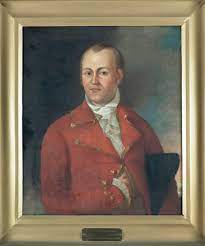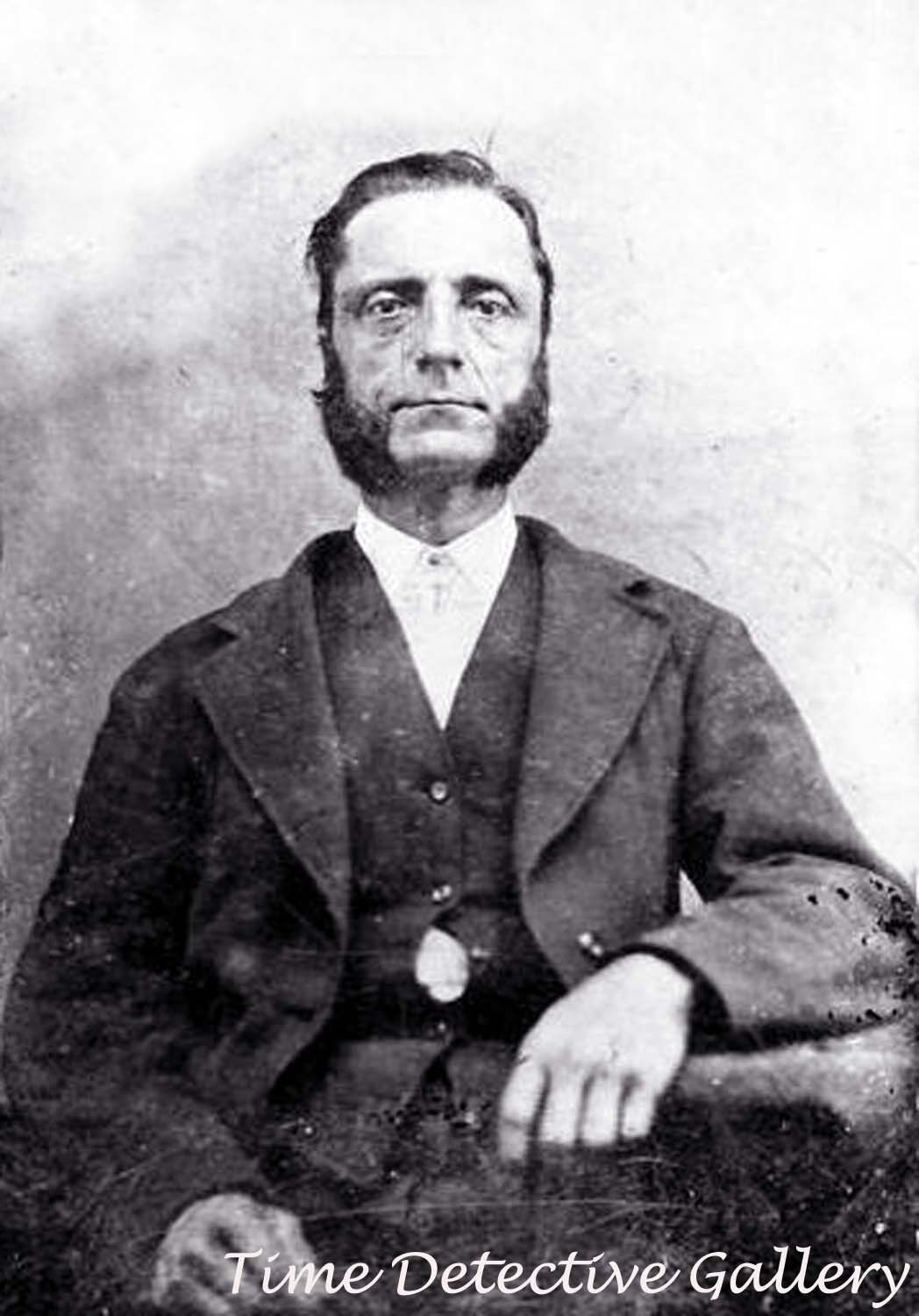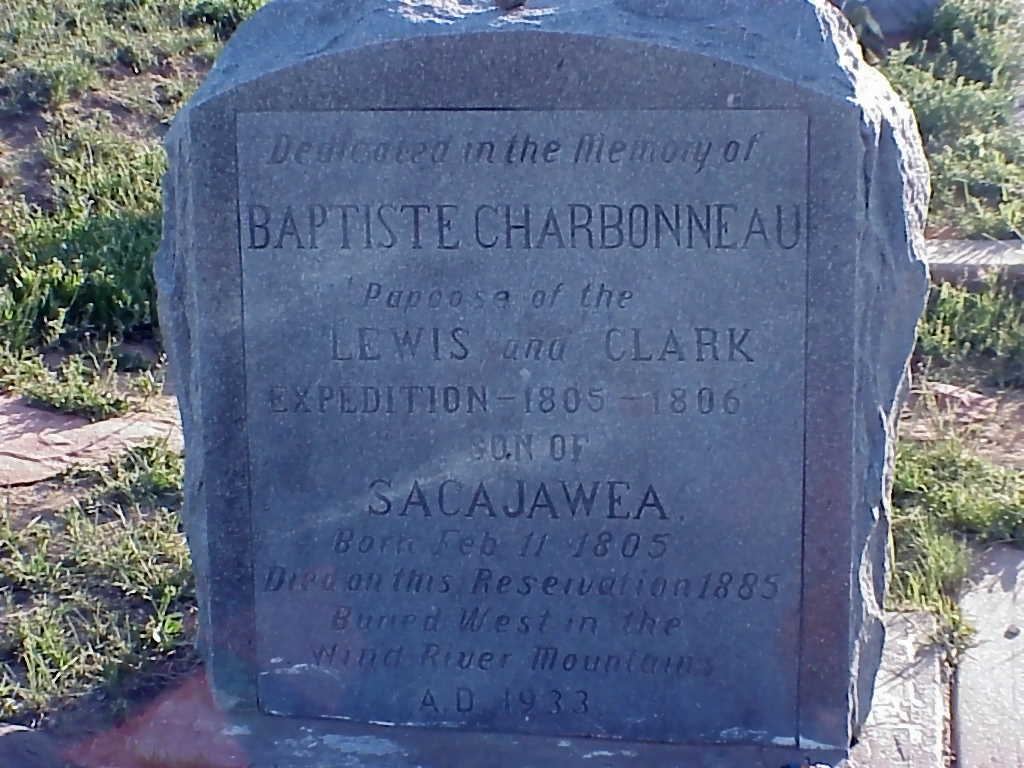

 © 2022 by WikiCommons user Tommy5544. Permission to use granted under the Creative Commons Attribution-Share Alike 4.0 International license. This design by Glenna Goodacre and modeled by Shoshone Randy’L He-dow Teton
© 2022 by WikiCommons user Tommy5544. Permission to use granted under the Creative Commons Attribution-Share Alike 4.0 International license. This design by Glenna Goodacre and modeled by Shoshone Randy’L He-dow Teton  August Chouteau,
August Chouteau, Toussaint was clever in his choice for his son’s godfather, picking someone who would offer just as much prestige and chances for advancement as Clark himself did. August Chouteau, who jointly founded the city of St. Louis with his stepfather, Pierre de Laclède Liguest, was one of the richest and most politically prominent men on the western frontier. His twelve-year-old daughter, Eulalie, became the child’s godmother.
 Colonel Philip St. George Cook
Colonel Philip St. George Cook 



